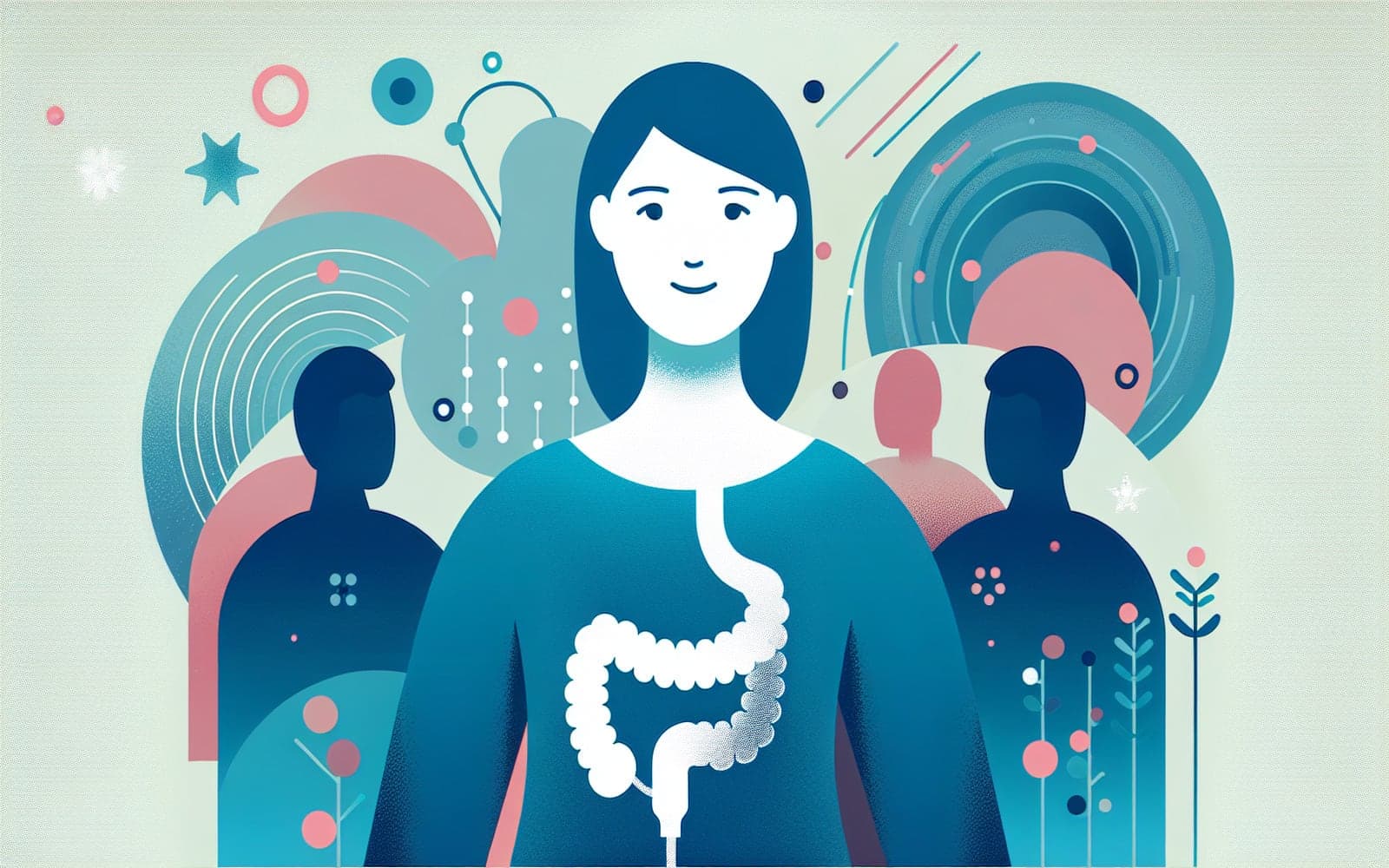Chromoendoscopy: The Future of Cancer Detection in IBD?
Published: Jun 08, 2024
Chromoendoscopy is emerging as a game-changer in detecting colorectal cancer early in IBD patients.
Contents
What is Chromoendoscopy?
Chromoendoscopy enhances the visibility of the colon's surface by applying special dyes during a colonoscopy. This technique allows doctors to spot irregularities and dysplasia that might be missed by standard methods. By making the abnormal areas stand out, it improves the chances of early detection.
Why Chromoendoscopy is Superior
Studies indicate chromoendoscopy has a higher detection rate for dysplasia compared to white light endoscopy. It is particularly effective in IBD patients who are at higher risk of colorectal cancer. Many guidelines now recommend it as the preferred method for surveillance.

The Procedure and Costs
Though chromoendoscopy takes slightly longer due to the dye application, it is considered cost-effective in the long run. The extra time spent can lead to better outcomes by catching lesions early and reducing the need for more extensive treatments later on.
Frequently Asked Questions
It uses dyes during colonoscopy to highlight abnormal tissues.
Yes, it has a higher detection rate for dysplasia.
It's cost-effective due to reduced need for later treatments.
It takes about 10 minutes longer than a standard colonoscopy.
Key Takeaways
Chromoendoscopy is a promising tool in the early detection of cancer in IBD patients.
Try it out: Consult Doctronic to see if chromoendoscopy is right for you.Related Articles
References
Laine L, Kaltenbach T, Barkun A, et al. SCENIC international consensus statement on surveillance and management of dysplasia in inflammatory bowel disease. Gastroenterology 2015; 148:639.
Feuerstein JD, Rakowsky S, Sattler L, et al. Meta-analysis of dye-based chromoendoscopy compared with standard- and high-definition white-light endoscopy in patients with inflammatory bowel disease at increased risk of colon cancer. Gastrointest Endosc 2019; 90:186.
Always discuss health information with your healthcare provider.

